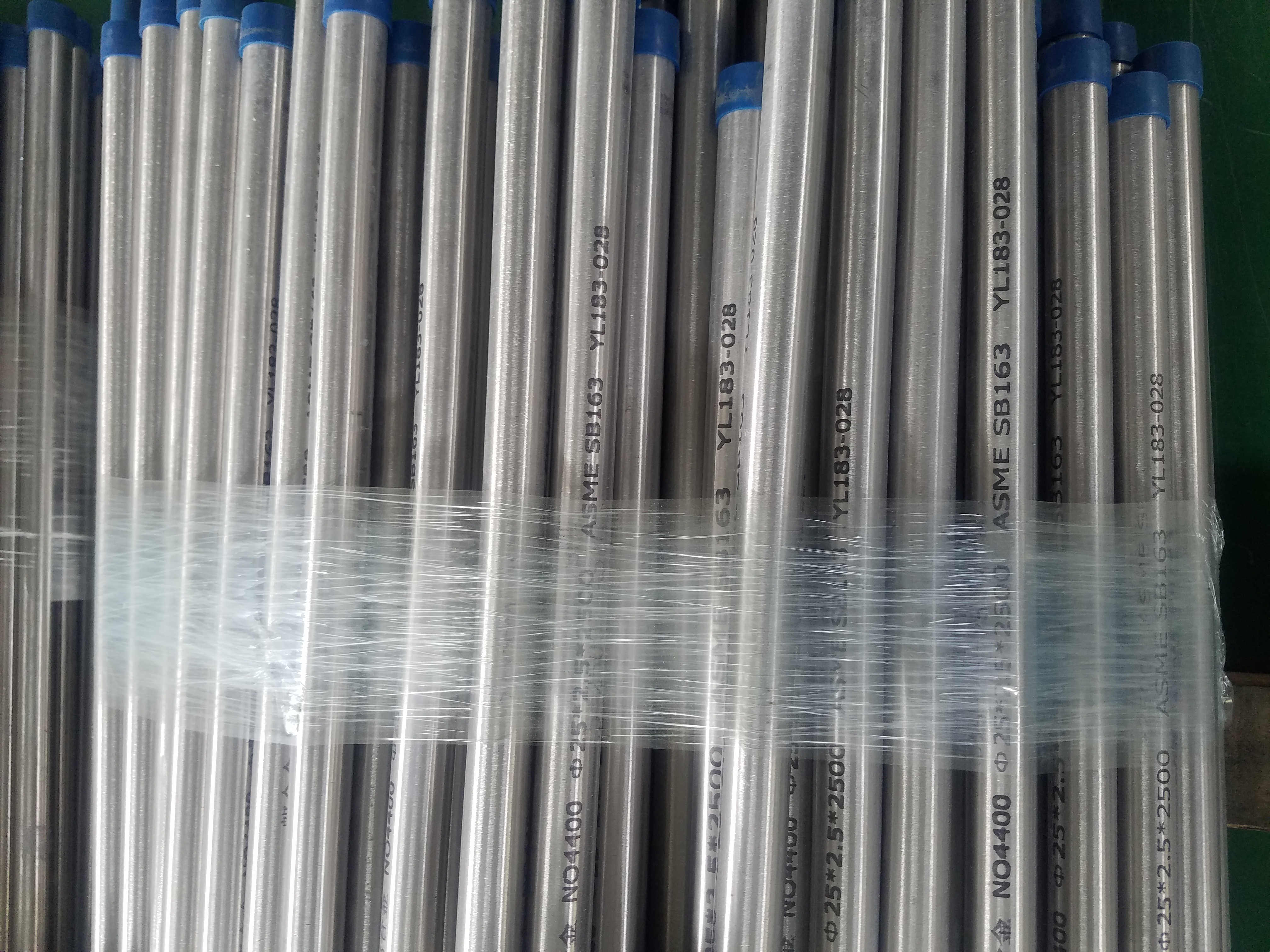When it comes to choosing an alloy that suits our needs, we can often become confused with the many options available. Monel 400 and nickel-based alloy (Inconel) are two alloys that are often compared. In this article, we will explore the properties of each alloy and discuss the differences between them.
First, let’s learn about Monel 400. Monel 400 is a nickel and copper-based alloy known for its strength, corrosion resistance and high temperature resistance. It is often used in a variety of applications, including marine engineering, because of its appeal as a structural material. However, the unique properties of nickel-based alloys also make it challenging to process and weld, requiring expertise and specialized equipment. Overall, nickel-based alloys are outstanding materials that have contributed to many technological advancements and will continue to be powerful materials for future technological innovations.
So, what are the main differences between Monel 400 and nickel-based alloys?
First, the composition of the two alloys is the biggest difference. Monel 400 has lower nickel, chromium and molybdenum content than nickel-based alloys, which means it is less resistant to oxidation and corrosion under certain conditions. However, it is more resistant to seawater and some reducing chemicals than nickel-based alloys. In contrast, nickel-based alloys are designed for use in high temperatures and corrosive environments.
Secondly, when we compare Monel 400 to nickel-based alloys, their mechanical properties also need to be considered. Monel 400 has lower tensile strength than nickel-based alloys, but it is more ductile and can be easily formed into various shapes. In contrast, nickel-based alloys have higher tensile strength and are more resistant to creep and fatigue. This makes it ideal for high-pressure applications such as gas turbines and jet engines.
The cost of each alloy is also worth considering when making your decision. Nickel-based alloys are generally more expensive than Monel 400 because of their higher nickel, chromium and molybdenum content. However, if you need an alloy that can withstand extreme temperatures and harsh environments, a nickel-based alloy may be more cost-effective in the long term.
Both alloys have their challenges when it comes to welding and fabrication. Monel 400 is prone to stress corrosion cracking and requires preheating and post-weld heat treatment to prevent this. In contrast, nickel-based alloys are more prone to cracking during welding and may require specialized welding techniques and equipment.
Overall, Monel 400 and nickel-based alloys each have their own advantages, and which alloy you choose depends on your specific needs. If you need an alloy that is resistant to seawater and some reducing chemicals, Monel 400 may be your first choice. However, if you need an alloy that can withstand extreme temperatures and harsh environments, a nickel-based alloy may be a better choice. The cost and difficulty of processing each alloy also need to be taken into consideration when making the decision. I hope this article helps you make an informed decision.
Tianjin Anton Metal Manufacture Co., Ltd. is a company specializing in the production of various nickel-based alloys, Hastelloy alloys and high-temperature alloy materials. The company was established in 1989 with a registered capital of 10.0 million, specializing in the production and sales of alloy materials. Anton Metal’s products are widely used in aerospace, chemical industry, electric power, automobile, nuclear energy and other fields, and can also provide customized alloy material solutions according to customer needs. If you need to know the price consultation of alloy materials or provide customized alloy material solutions, please feel free to contact the sales staff.
==========================================
www.antonmetal.com
ANTON METAL| Your specialty alloys manufacturer
Email: dominic@antonmetal.com
Phone: +8613132148618(wechat/whatsapp)
Post time: Dec-19-2023











